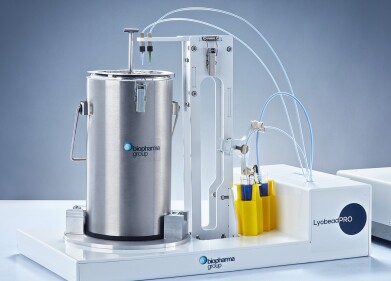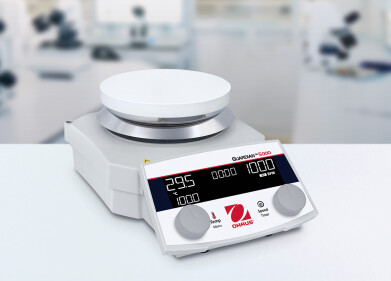-
 Liver disease causes the kidneys to stop functioning correctly, resulting in fluid build-up
Liver disease causes the kidneys to stop functioning correctly, resulting in fluid build-up
Laboratory Products
Implanted pump provides treatment for liver disease
Dec 05 2013
A trial is underway at the Royal Free Hospital in London to test a new device that helps to pump excess fluid away from the liver. The creation of excess fluid, cirrhosis, that can build-up in the abdomen is a common side-effect of liver disease. The new pump device has been created to remove this fluid and instead divert it to the bladder so it can be removed from the body following liver failure.
The implanted pump could be beneficial for those that are suffering from liver failure, as the only treatment currently in use is liver transplantation. Many people can be left waiting for a matching liver for months, while others may not ever receive one. In the UK, around 4,000 people die from severe alcohol-related liver disease each year.
Liver disease causes problems in other areas of the body, especially the kidneys, which leads to large amounts of fluid building-up in the abdomen. Up to 15 litres of fluid is able to stay in the body as a result of liver disease affecting the kidneys. The body is unable to move this fluid or get rid of it on its own, which results in the patient having to undergo regular draining treatments to remove it.
The fluid can cause pain for a patient and also results in a bulging, distended stomach. It also causes a loss of appetite, which then results in malnutrition and weakness. However, the new implanted pump device can help patients remove around four litres of fluid every day, meaning they no longer have to have regular draining treatments.
The alfapump is a small device that stays inside the patient's body and requires only 15 minutes of charging each day to continue functioning. Currently 16 patients are trialling the device in London, while another 44 patients are being signed up to test it at hospitals throughout Europe.
Rajiv Jalan, professor of hepatology at University College London's Institute for Liver and Digestive Health at the Royal Free, said: "If you can halt the symptoms and prevent further liver injury by stopping drinking alcohol the liver might be able to regenerate. This pump is also about improving the quality of life for patients. We are still waiting for the results to find out whether we can say that the pump can allow liver function to improve."
Digital Edition
International Labmate 49.6 - Sept 2024
September 2024
Chromatography Articles - HPLC gradient validation using non-invasive flowmeters Mass Spectrometry & Spectroscopy Articles - From R&D to QC, making NMR accessible for everyone: Putting NMR...
View all digital editions
Events
Oct 06 2024 Liverpool, UK
Oct 08 2024 Gothenburg, Sweden
Oct 09 2024 Birmingham, UK
Oct 09 2024 NEC, Birmingham, UK
Oct 15 2024 Milan, Italy

















